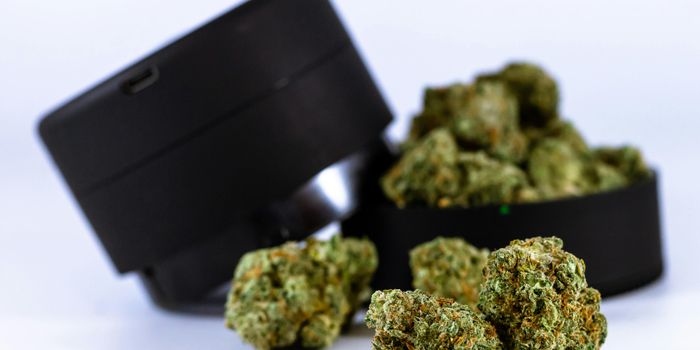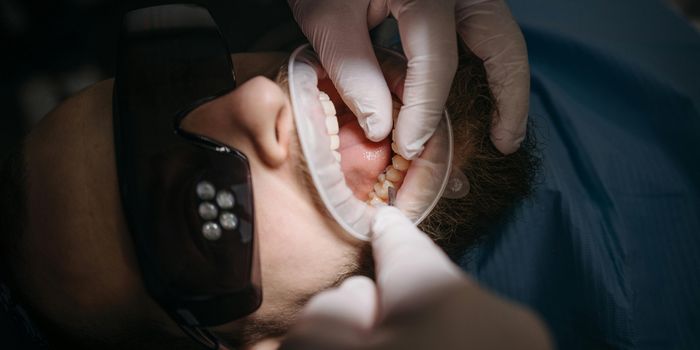Alcohol is Gateway Drug for Cannabis Vaping, Study Reports

Cannabis vaping involves the use of an electronic cigarette to inhale vaporized liquid tetrahydrocannabinol (THC). Study author, Dale Mantey, PhD, assistant professor of health promotion and behavioral sciences at the University of Texas Health Science Center at Houston, said in a press release that whereas 10% of cannabis users vaped the substance 10 years ago, the same figure now stands at around 75% for youth and young adults.
“That is a major public health concern for many reasons,” he noted. Vaping cannabis in youth and early adulthood is known to affect cognitive development and performance, induce chronic pulmonary damage from unregulated THC products, increase drug dependence, and lead to incarceration due to federal prohibitions listing cannabis as a Schedule I drug.
For the current study, researchers analyzed data from 2605 youths surveyed from 2019 to 2021 from the Texas Adolescent Tobacco and Marketing Surveillance system. The students were asked about their use of e-cigarettes for smoking cannabis or liquid THC, as well as demographic factors. The researchers also investigated two indicators of mental health: anxiety and depression.
At the start of the study, 72.7% of students reported never cannabis vaping, 12.7% ever cannabis vaping, and 14.5% current cannabis vaping. Non-Hispanic Blacks were at a considerably higher risk for cannabis vaping experimentation over the three-year study period when compared to non-Hispanic other groups.
While alcohol use was a common predictor of cannabis vaping across race and ethnic groups, depression was only associated with vaping transitions in Hispanic and non-Hispanic black youth.
“The ultimate goal is to delay initiation of substances in youth because the later someone initiates a substance, the less likely they are to become addicted to it. Since alcohol was shown to be a strong predictor, we need more comprehensive interventions. When we go into schools and talk about nicotine, vaping, or tobacco prevention, we need to make sure we are incorporating cannabis prevention and alcohol prevention, not just one substance," said Mantey.
The researchers noted that more research is needed to understand how depression and other mental health problems may impact cannabis vaping so that public health interventions can be developed to target high-risk groups.
Sources: EurekAlert, Social Science & Medicine








